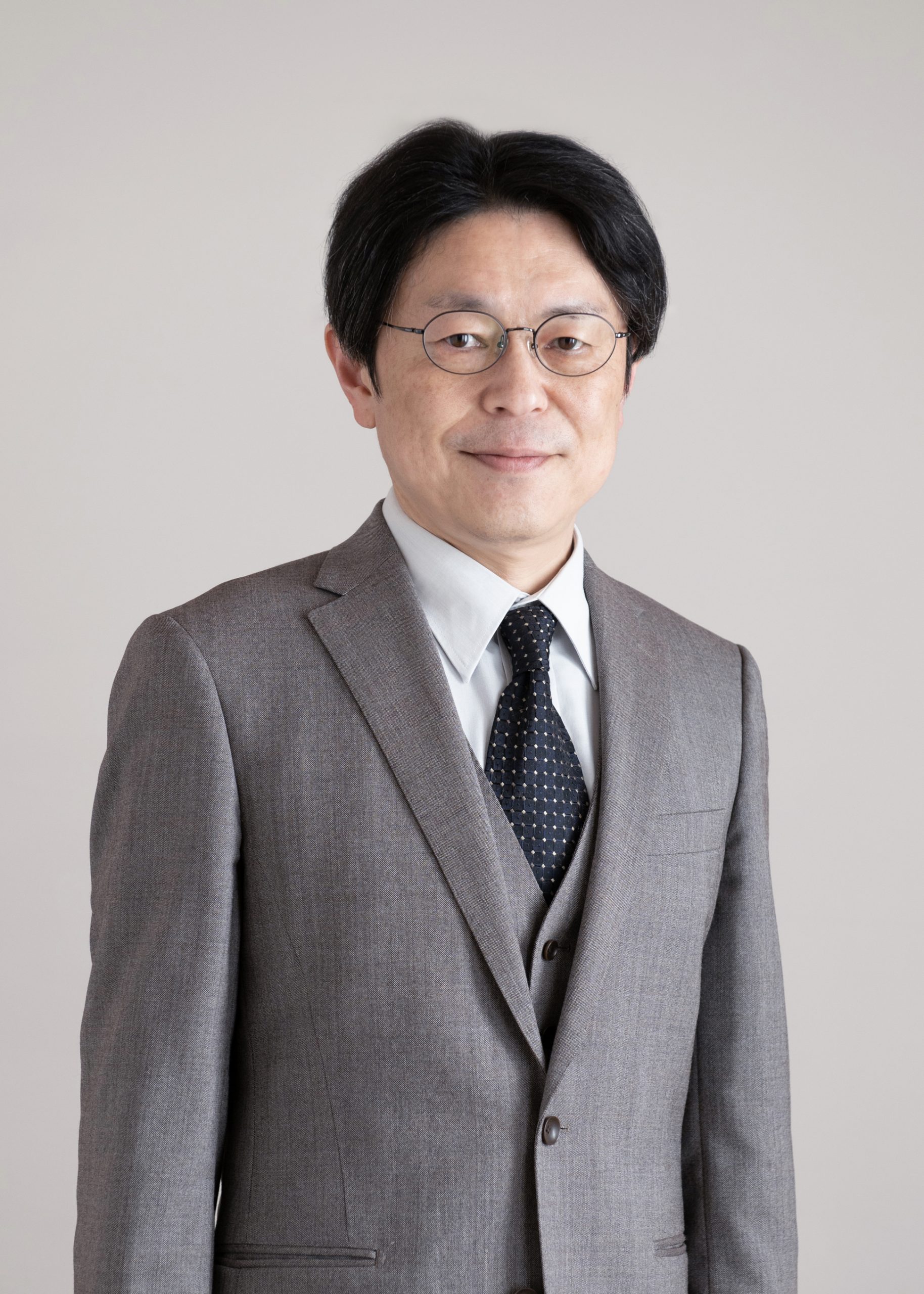Message from the Dean

Dean of the Graduate School of Modern Society and Culture, Niigata University
BAMBA Satoshi, Ph.D.
The other day, I was participating online in a higher education-related symposium. Of course, I thought I was seriously participating in the conference because it was about an important educational theme, but in events like this, I always participate half out of obligation to the organizer, and I also had to participate via Zoom from my room. Maybe it was because of this, or maybe he was dozing off a bit. One panelist struck me in the ear. I hurriedly turned to my computer, ignored the lecture that was still going on, and opened my browser to search. In a book that arrived a few days later, Shunsuke Tsurumi, one of postwar Japan's leading thinkers, recalled the impact he received from a single word he encountered while studying at university when he moved to the United States at the age of 15. “Before the war, I met Helen Keller (1880-1968) in New York.When she learned that I was a university student, she said to me, “I learned a lot at university, but then I had to unlearn a lot.'' "It was," he said. Learn (Learn), and later learn and relax (UnLearn). It was my first time hearing the word "unlearn," but I knew what it meant. I imagined knitting a sweater according to the pattern, unraveling it, returning it to its original yarn, and knitting it again to fit my body.'' (Toward a New Fudoki - A Roundtable Discussion with Shunsuke Tsurumi, Asahi Shinsho, 2010).
Tsurumi says that we must unlearn what we have learned. To forget what you have learned. It is about dismantling the knowledge we have acquired in a conventional manner and rebuilding it as knowledge that suits each of us, like unraveling and re-knitting a sweater. When I say that I was worthy, I don't mean to trivialize it, as even those of us who are dumb can understand. Rather, it means reassembling knowledge borrowed from others and reforging knowledge through encounters with others, depending on the complexity and specificity of the problems each of us is facing. If the Japanese word “learning hogusu'' is a bit far-fetched as a translation of the English word “learn'', then simply “forgetting'' is fine. We must unlearn what we have learned. To learn something new.
When I think about this, I feel that this is a teaching more appropriate for graduate school than university. Graduate school as a place to "learn and relax" - that's the catchphrase that comes to mind. If a university is a place to "learn" something, then a graduate school is -- especially our Niigata University Graduate School of Contemporary Social and Cultural Studies, which was created as a comprehensive graduate school that explores issues that span various fields of humanities and social sciences. ---A place for "learning and loosening" where we forget what we have learned so far and retrain our knowledge by engaging in dialogue with neighboring fields, teachers, and classmates. Isn't that what it is? This does not mean that we have to forcefully deny traditional academic disciplines. In the same book, Tsurumi's interlocutor, Sun Gu, a Chinese researcher on the history of Japanese political thought, mentions: “I don't think about “crossing borders'' casually. I also believe that “crossing borders'' occurs within departments rather than between departments. In other words, it is not about breaking down or merging departments, but rather opening up old departments.'' I hope that our “Genshaken'' will become a place for such “learning and relaxing'' and “crossing borders.''

